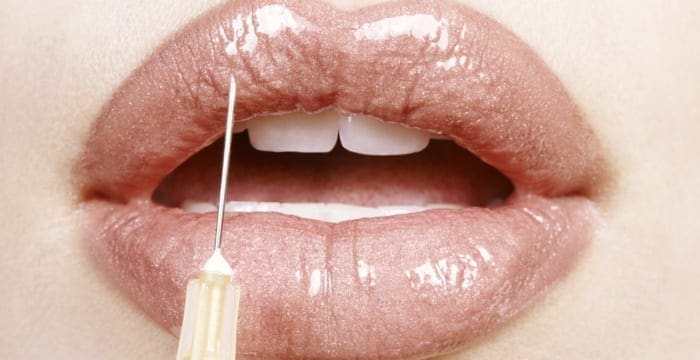The stereotypical cosmetic surgery patient is an older one: an aging woman, usually, seeking the breasts, tummy, eyes or butt from her younger years. Put another way, the image in our mind of the plastic surgeon’s waiting room is not one filled with young people.
Yet a recent survey by the American Academy of Facial Plastic and Reconstructive Surgery (AAFPRS) found shocking new data that 58% of its members saw, in their practices, an increase in both cosmetic surgery and injectables in patients under 30.
The most common cosmetic procedure for under-30s? Rhinoplasty (nose job), with 53% females and 70% males opting for this as their plastic surgery of choice. In the survey, 20% of total patients going in for a nose job were under age 21.
It’s not particularly alarming that many people under 21 nit-pick at their appearances and want to undergo cosmetic surgery. It actually feels like a natural (albeit unfortunate) response to the way our society praises physical appearances and the way a digital world makes it to easy to emphasize and harp on imperfections. What is alarming and upsetting is that the surgeons disclosed that 76% of young people decide to go under the knife because they were bullied. It seems that today’s selfie generation will do anything to garner more “likes” — including undergoing plastic surgery.
READ MORE: How to Get Fuller Lips Like Kylie Jenner Without Getting Injections
“In this digital age driven by social media and celebrity images, cyber and schoolyard bullying are leading many of today’s teens to turn to plastic surgery as a cure,” says Manhattan facial plastic surgeon and AAFPRS member Sam Rizk, M.D. Only 24% chose plastic surgery as a preventative cosmetic measure, according to the survey.
Yes, we’ve gotten to the point where kids feel so bad about themselves that they think surgically changing their appearance is the only solution. Hopefully anti-bullying efforts will begin to pay off and help adolescents feel more confident in the face of social scrutiny. For now, parents, please talk with your teens to make sure they’re requesting surgery for legitimate reasons and have realistic goals — and any derm worth his salt will assess a cosmetic surgery request honestly and not jump into an operating room if a patient doesn’t seem ready.




































